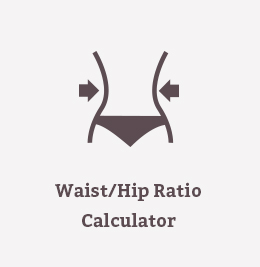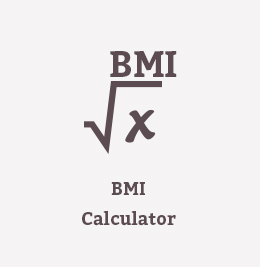Statement by the FDA, November 7, 2013:
“We have tentatively determined that there is not a consensus that PHOs (partially hydrogenated oils), the primary dietary source of industrially-produced trans fatty acids, are safe for use in food. The fact that a substance was commonly used in food prior to 1958 is not sufficient to support continued Generally Recognized as Safe (GRAS) status if there is no longer a scientific consensus that the substance is safe for the intended use in food.”

What are trans fats?
Trans fats (or trans fatty acids) are created in an industrial process that adds hydrogen to liquid vegetable oils to make them more solid. Another name for trans fats is “partially hydrogenated oils.”
Small amounts of trans fats occur naturally in some meat and dairy products, including beef, lamb and butterfat. We do not know whether these naturally occurring trans fats have the same bad effects on cholesterol levels as trans fats that have been manufactured in an industrial process.
Trans fatty acids are also formed during the production of non-hydrogenated refined oils (i.e., soybean and cottonseed oils) as a result of the cis to trans isomerization induced by high temperatures used during processing, such as deodorization.
Why are trans fats bad?
Trans fats raise your bad (LDL) cholesterol levels and lower your good (HDL) cholesterol levels, which increase your risk for heart disease and heart attacks.
In addition to an increased risk of heart disease, some studies suggest that trans fat may worsen insulin resistance (a condition seen in people at risk for diabetes and other serious medical issues), especially in those who are predisposed to the condition (e.g., people with pre-existing insulin resistance, greater adiposity, or lower physical activity levels).
There is some evidence that fetuses and breastfeeding infants of mothers who regularly consume trans fat may be at higher risk for impaired growth.

What are the current FDA guidelines on trans fats?
Under current FDA rules, “zero” trans fat does not mean “no trans fat.” This is because FDA allows restaurants and food producers to claim “zero” trans fat when the amount of PHO (partially hydrogenated oils) per serving is less than 0.5 grams.
Under the proposed rule, however, foods with any artificial trans fat—even those with less than 0.5 grams per serving—will be considered “adulterated foods” and subject to enforcement action by FDA.
Tips for Lowering Trans Fat Intake
- Choose liquid vegetable oils.
- Avoid eating commercially prepared baked foods (cookies, pies, donuts, etc.), snack foods, and processed foods, including fast foods. To be on the safe side, assume that all such products contain trans fats unless they are labeled otherwise.
- When foods containing partially hydrogenated oils can’t be avoided, choose products that list the partially hydrogenated oils near the end of the ingredient list. (Yes, read the ingredient list on packages at the grocery store).
- To avoid trans fats in restaurants, one strategy is to avoid deep-fried foods (since many restaurants still use partially hydrogenated oils in their fryers) and desserts. Also ask the restaurant if they use trans fats for frying, many today do not.
In New York City, by 2008 an estimated 98 percent of restaurants were not using ingredients containing industrially-produced trans fat, compared with 50 percent in 2005.
Here are some foods that may contain trans fats
- Doughnuts, cookies, cakes and many other desserts
- Crackers
- Movie Theater and Microwaveable Popcorn: For microwaveable popcorn, particularly those that have “butter.”
- Frozen Pizza
- Coffee Creamers
- Refrigerated Dough Products: Examples include ready-to-bake biscuits, cinnamon rolls, etc.
- Canned Frosting
| Food | Trans fats* |
| Microwave popcorn | 6.0g |
| Cake mix | 0.5g |
| Frozen Chicken and noodles | 0.5g |
| Blueberry muffin mix | 1.5g |
| Refrigerated crescent rolls | 1.5g |
| Stick margarine |
1.5g |
| Frozen beef pot pie |
2.0g |
* per serving
The following are some examples of foods that list 0 g trans fats but contain partially hydrogenated oils, such as soybean or cottonseed oil:
- Corn muffin mix
- Pizza
- Cookies
To learn more, visit:
http://www.fda.gov/Food/IngredientsPackagingLabeling/LabelingNutrition/ucm079609.htm
http://www.cspinet.org/transfat/
Ref: Tentative Determination Regarding Partially Hydrogenated Oils; Request for Comments and for Scientific Data and Information
A Notice by the Food and Drug Administration on 11/08/2013








